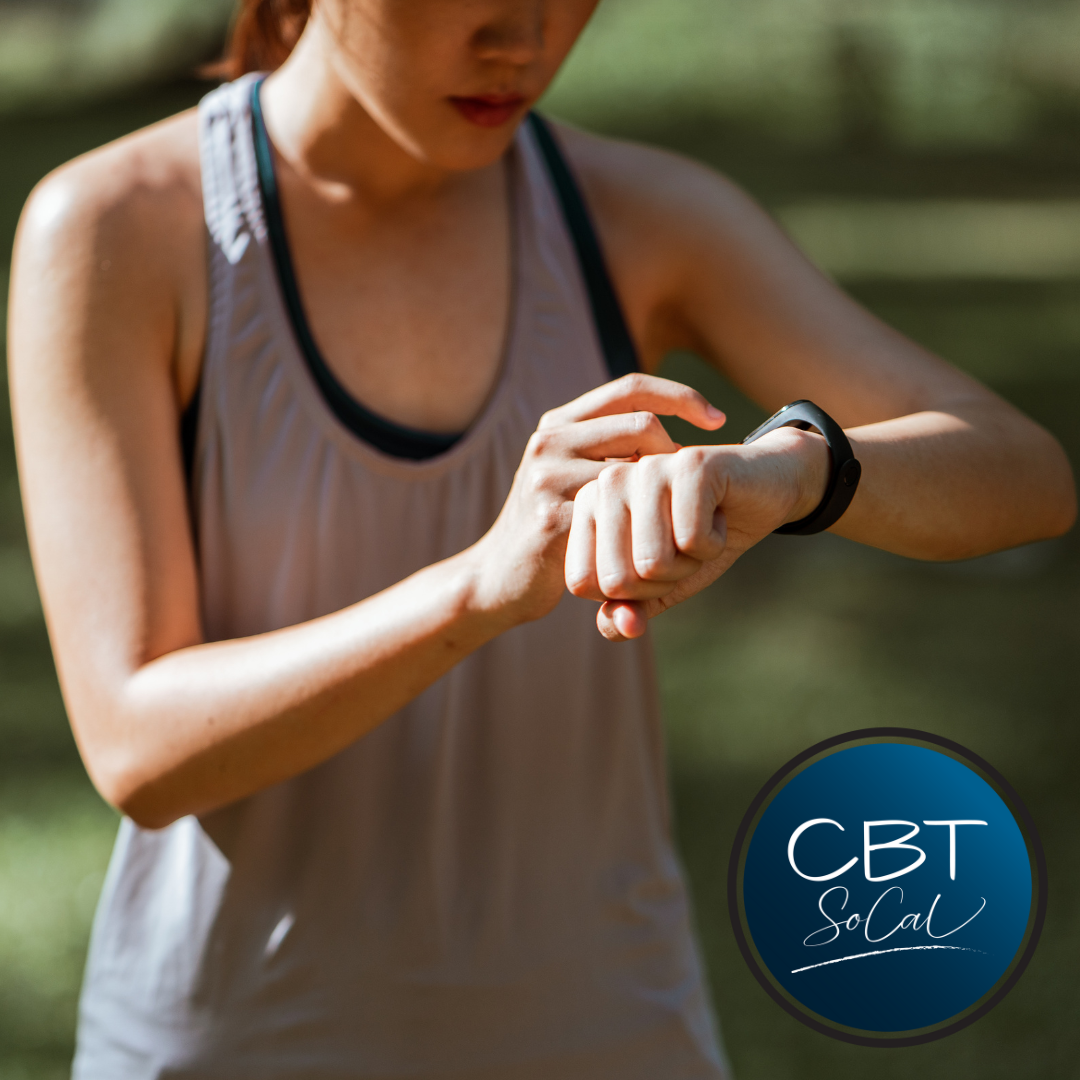Dr. Jason von Stietz discusses using fitness trackers in a healthy way in Self magazine article

![]()
Fitness trackers can be useful tools or they can be a source of anxiety. Jenny McCoy, a freelance journalist specializing in fitness, food, and human interest stories, wrote an article about fitness trackers. She was inspired by her experience with the devices, which was not always healthy. She interviewed CBT SoCal’s Dr. Jason Von Stietz and other experts in psychology to discuss how fitness trackers can be utilized in a mentally and physically healthy way.
Although fitness trackers can provide someone with helpful metrics, the frequent notifications can also feel overwhelming. McCoy reported Dr. von Stietz as stating the following:
“People can get bombarded with notifications, and then every time they see a notification, they can feel pressure to do it,” says von Stietz. “And then if they don’t do it, then they can feel like a failure.”
Lastly, the watches can sometimes encourage “all-or-nothing” thinking, says von Stietz, which basically means that people may feel like they have to achieve everything the watch is telling them to do. When that doesn’t happen, they can feel so discouraged that they give up on their fitness goals entirely.
How to use fitness trackers in a mentally healthy way?
Constant notifications from a fitness tracker can be overwhelming. However, the devices can be programmed in a way that is more helpful to their users. McCoy wrote the following about their use:
To help personalize your device, do some self-reflection to determine which data points are useful, motivating, and encouraging. Then, adjust your settings accordingly, says von Stietz. Again, what’s helpful will depend on your goals, but some metrics you may find useful include heart rate data—which can show how your body is recovering from exercise or other stressors—as well as reminders to take a moment and just breathe, says Brauer. That’s something that’s often difficult to do on our own without prompting, she adds.
McCoy provided many suggestions for the healthy use of fitness trackers from Dr. von Stietz as well as other experts. View her article in its entirety here.
If you are an athlete, coach, or parent of an athlete, and you would like to learn if CBT informed by sport psychology can help you, contact us for a free phone consultation.




